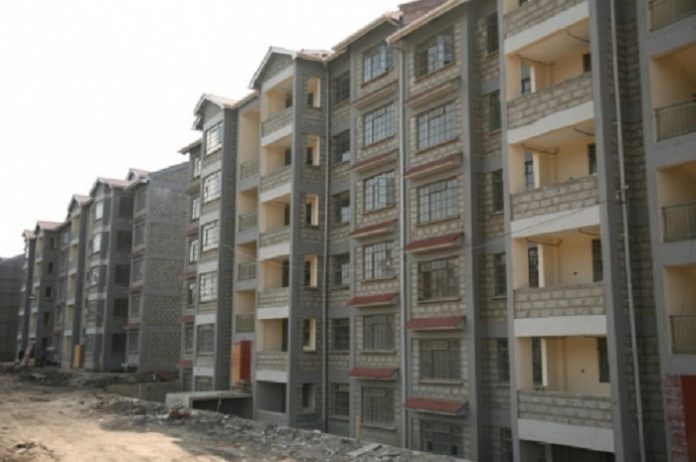Only two out of 36 states have adopted the draft Model Mortgage and Foreclosure Law (MMFL)
paque land laws, lack of financing opportunities and sub-optimal infrastructure have remained big challenges to real estate developers, New Telegraph has learnt.
These, in addition to the challenged nation’s economy and low disposable income have kept the real estate sector in recession since 2016.
Besides, difficulties associated with land documentation, absence of funds and mortgage finance are also being blamed for high costs of housing units in the country.
According to housing experts, these opaque land and mortgage laws have compounded housing challenges among citizens, making it impossible to fast track the processes of bridging the the nation’s 17 million housing deficit.
Perturbed by this, Managing Director of Countryhill Affordable Luxuries, a real estate firm, Mr Adewale Oshinaike, called on government and relevant authorities to review these old housing laws, which he said were hampering homeownership among Nigerians.
If this is done, he expressed optimism that practitioners in the real estate market would be able to provide more offerings to make housing challenge history in the country.
He explained that some of the provisions of the Land Use Act of 1978 were inimical to affordble housing provisions in Nigeria.
He emphasised further that most state governors had subjected the process of the Land Use Act to political considerations.
As a result, Oshinaike stated that land titling processes instituted by state governors in their respective domains have become cumbersome, making it tough and costly for developers to access land at economic speed.
New Telegraph gathered that the National Assembly was yet to pass some of the housing and mortgage related bills due for review/amendment before it.
The housing stakeholders are calling on the legislators to expedite action in passing these bills into laws to promote affordable housing and mortgage finance among Nigerians.
On the mortgage finance issues, the Countryhill boss said these bordered on mortgage rate and tenure, pointing out that double digit was not sustainable for developers and home seekers.
“Until the cost of funding mortgages comes down and workers’ pay improved drastically, housing challenges would persist,” he said.
Managing Director, Financial Derivatives Company (FDC), Mr. Bismarck Rewane, has Al’s said that absence of financing opportunities was also a challenge to developers.
He stated that real estate was still in negative territory as at February 2020, noting that it had been in red territory since 2016, having contracted by 3.45 per cent in the fourth quarter of 2019.
The financial expert said there was a lag between economic recovery and real estate growth, adding that the sector was feeling the pinch of lower disposable income.
Investigation also showed that as at third week in March 2020, only two out of 36 states of the federation had adopted the draft Model Mortgage and Foreclosure Law (MMFL) in their territories after two years that the proposal was made.
The two states that embraced the legislation are Kaduna and Lagos states.
This lacklustre attitude of states to adopt model mortgage and foreclosure law is believed among stakeholders to be hindering investments and effective housing delivery in Nigeria.
The model mortgage law is designed to improve the ease of mortgage business and to ensure that foreclosure processes for delinquent mortgages are not protracted to the financial loss of the lender.
Promoter of Abuja International Housing Show, Mr. Festus Adebayo, had always bemoaned non-passage of MMFL by states, saying it was a setback to the efforts to enhance homeownership among Nigerians .
Source: newtelegraphng




